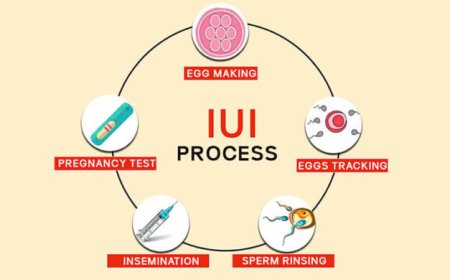The Legal Side of Commercial Debt Collection Every Business Should Know

Collecting overdue payments from other businesses is more complex than recovering consumer debt. Business-to-business transactions often involve substantial balances, complex contracts, and multiple decision-makers. Mistakes in handling collections can lead to legal disputes and damaged partnerships. Understanding the legal side of commercial debt collection is critical for protecting your company and securing what you are owed.
Why Commercial Collections Are Different
Commercial accounts are not subject to the same rules as consumer debt, but that does not mean businesses can act without limitations. A commercial collection agency must still follow federal and state regulations that protect debtors from harassment and unfair practices. Businesses that manage collections in-house often underestimate these requirements.
Commercial debts are also larger and more complex than typical consumer accounts. Contracts may include detailed payment terms, late fees, and dispute resolution clauses. Each of these details affects how collections should be handled. Knowing the law protects your rights and helps you avoid costly errors.
Key Laws That Affect Commercial Collections
Several laws shape how companies and agencies conduct commercial debt collection:
● Fair Debt Collection Practices Act (FDCPA): While the FDCPA primarily protects consumers, some states apply similar standards to business collections. These rules restrict harassment, set calling time limits, and require accurate disclosures.
● Uniform Commercial Code (UCC): This set of laws governs commercial transactions in the United States. It defines how contracts, invoices, and secured transactions must be handled.
● State Regulations: Each state may have additional rules covering licensing, communication practices, and time limits for legal action.
A professional commercial collection agency stays up-to-date with these laws and ensures that every step adheres to proper legal standards.
The Importance of Accurate Documentation
Good documentation is essential for successful commercial debt collection. Review all contracts, invoices, and communication records. Ensure you can provide clear evidence of the debt, including agreed-upon payment terms and proof of delivery or service.
Accurate records strengthen your position if the case ends up in court. They also help prevent disputes by showing customers the exact amount owed.
Steps for Legal and Effective Collection
Businesses can improve recovery rates by following a straightforward process:
- Send a formal notice. Begin with a written reminder that includes the amount due, payment deadline, and contact information.
- Follow up with a phone call. Direct communication often uncovers issues such as invoice errors or cash flow problems.
- Offer a settlement or payment plan if needed. Flexible options can lead to faster resolution while preserving relationships.
- Escalate carefully. If initial efforts fail, consider hiring a commercial collection agency or pursuing legal action.
Each step should be documented to protect your rights and show good faith.
Why Businesses Turn to Professionals
Hiring a commercial collection agency provides clear advantages. Agencies specialize in negotiation, skip tracing (locating debtors), and understanding complex contracts. They know how to apply pressure within legal limits and can often recover payments faster than an internal team.
Agencies also provide legal protection by staying informed about federal and state regulations. By outsourcing collections, your company reduces the risk of mistakes that could lead to fines or lawsuits.
Maintaining Business Relationships
One of the biggest concerns with commercial debt collection is protecting future partnerships. A heavy-handed approach may secure payment, but it can also destroy a valuable relationship. Professional agencies prioritize respectful communication and equitable solutions. They aim to collect what is owed while leaving the door open for future business.
Common Mistakes to Avoid
Many businesses hurt their chances of recovery by:
● Waiting too long to act, which can run out the statute of limitations.
● Failing to keep detailed records of contracts and communications.
● Using aggressive tactics that violate laws.
Avoiding these mistakes requires discipline and a thorough understanding of the relevant legal requirements.
Key Takeaways for Safe Collections
● Know the laws that apply to your state and industry.
● Keep accurate documentation for every account.
● Use polite but firm communication in all notices and calls.
● Escalate to a licensed commercial collection agency when internal efforts fail.
Legal compliance is not just about avoiding penalties. Businesses that respect the legal side of commercial debt collection can recover overdue balances while protecting their reputation and future partnerships.
























